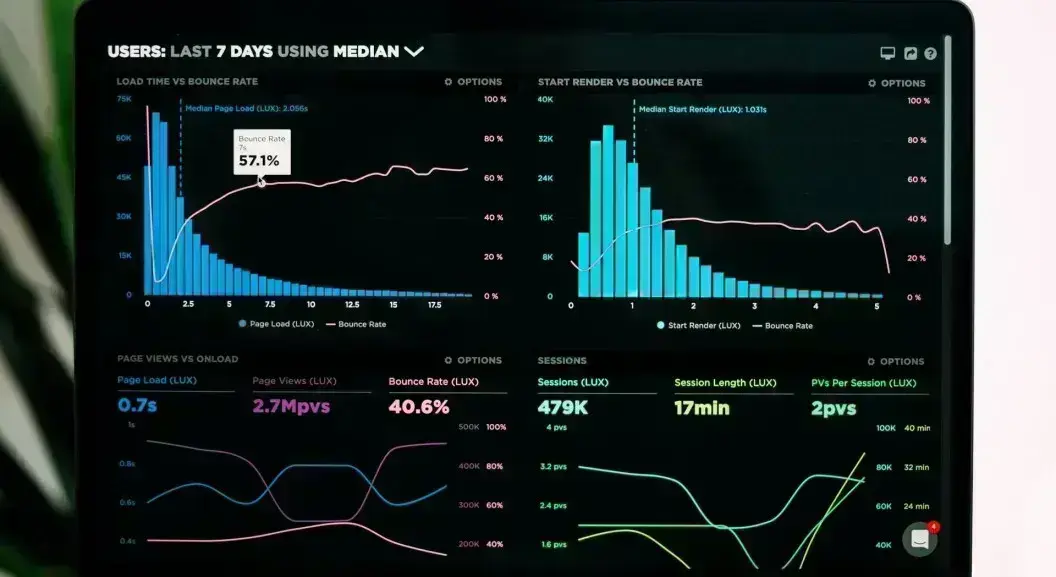Business Intelligence
-
Business Intelligence

6 signs your business needs business intelligence
Companies need business intelligence to efficiently analyze data, translating raw data into insights, overcoming limitations of spreadsheets, and staying ahead of competitors.
-
Business Intelligence

8 benefits of business intelligence
Failing to utilize business intelligence for data analysis risks losing customers and competitiveness in today's rapidly digitalizing market environment.
-
Business Intelligence

A comparison of leading complete business intelligence suites
Effective use of Business Intelligence (BI) tools for data analysis can significantly enhance decision-making and efficiency in businesses.
-
Business Intelligence

How business intelligence can help your e-commerce business
Business Intelligence transforms data into insights for better decision-making, crucial for competitive advantage in e-commerce and other industries.
-
Business Intelligence Bespoke Software System Integration

How Large Action Models Can Transform Your Data into Action (And What to Watch Out For)
Wish your spreadsheets could do more? Large Action Models (LAMs) automate intelligent decisions, transforming processes. Discover their potential, challenges, and how to get started.
-
Business Intelligence
.webp)
How to improve recruitment with business intelligence
Business intelligence tools enhance recruitment by enabling data-driven decisions, improving candidate attraction, reducing turnover, and increasing employee motivation and productivity.
-
Business Intelligence

How to successfully implement business intelligence in your company
Implementing business intelligence effectively involves defining needs, preparing teams, taking incremental steps, simplifying solutions, ensuring clean data, and adapting flexibly for long-term benefits.
-
Business Intelligence

How to use business intelligence to drive sales
Utilizing Business Intelligence (BI) enhances market understanding, customer insight, and decision-making, driving sales, improving service, and increasing retention for sustainable revenue growth.
-
Business Intelligence

Navigating the World of Low-Code Platforms
Exploring low-code platforms: streamlining software development with advanced, inclusive technology for efficient, creative, and strategic business solutions.
-
Business Intelligence

Naming key columns. Power BI desktop series.
When naming columns in Power BI, avoid using 'ID' in non-key columns to prevent default identity field recognition, ensuring accurate data summarization and visualizations.
-
Business Intelligence

Establishing relationships. Power BI desktop series
In Power BI, use unique, clearly defined column names and suffixes for key columns to ensure correct, intentional table relationships, avoiding automatic, erroneous linkages based on common or vague names.
-
Business Intelligence

Controlling relationship cardinality. Power BI desktop series
To manage relationship cardinality in Power BI Desktop, use sample data reflecting desired relationships, avoid default one-to-one relationships if possible, and utilize the model overview for verifying and adjusting relationships as needed.
-
Business Intelligence

Top 4 business intelligence features for small businesses
Business intelligence software offers valuable insights through features like dashboards, KPIs, ad hoc queries, and interactive reports, enhancing business strategies.
-
Business Intelligence

What is business intelligence?
Business intelligence tools transform data into insights, enhancing decision-making and efficiency, beneficial for businesses of all sizes, but not predictive.